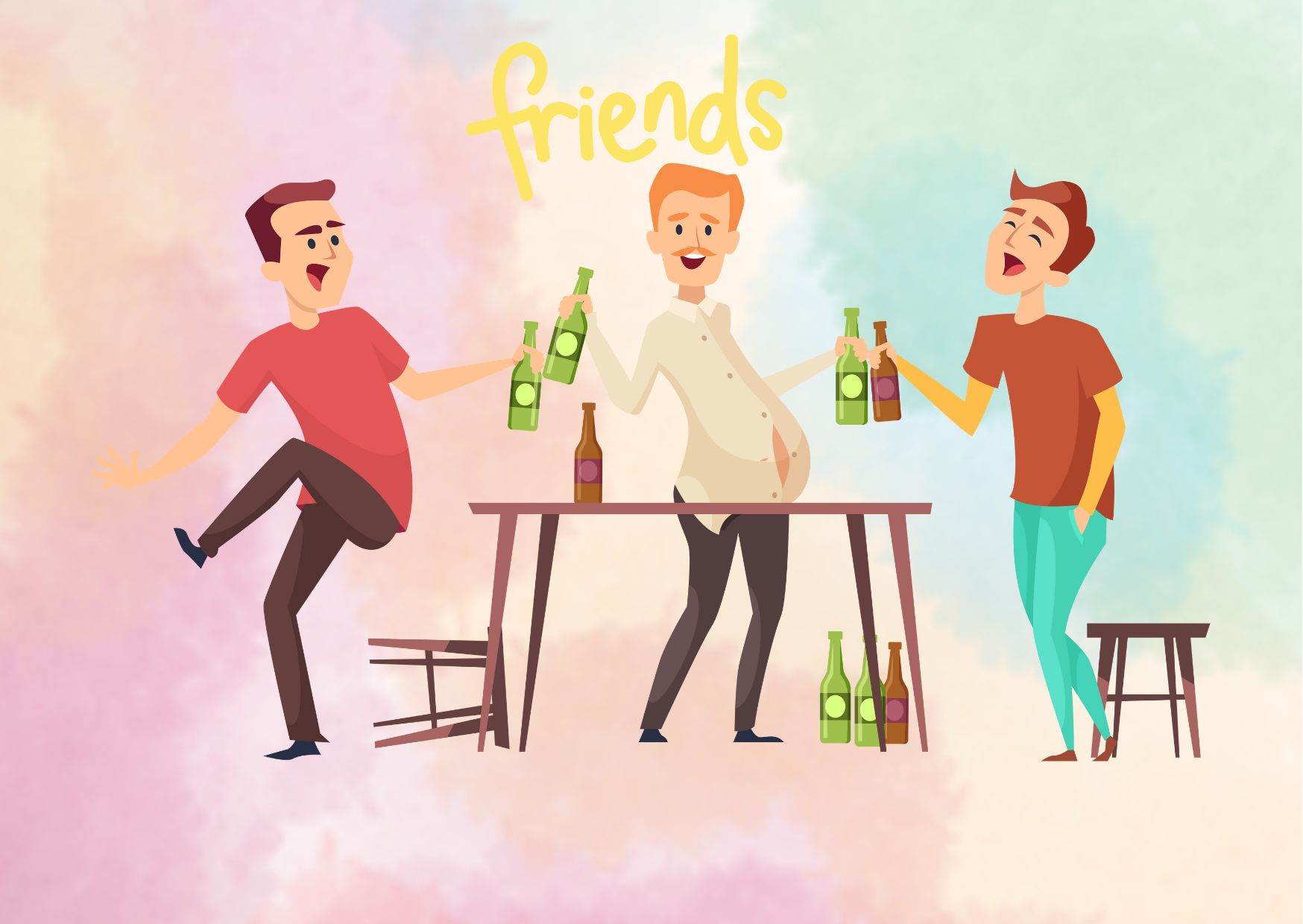Boyfriend Has Bad Friends: How to Navigate the Influence
Introduction
Having a supportive and positive social circle is crucial for personal growth and healthy relationships. However, what should you do when your boyfriend has bad friends? It’s a common dilemma faced by many individuals. While you may have concerns about the influence of these bad friends on your partner’s behavior and choices, it’s essential to approach the situation with understanding and open communication. In this article, we will explore strategies to navigate this issue and foster a healthy and supportive environment for both you and your partner.
Understanding the Influence of Bad Friends
- The Chameleon Effect: People often unconsciously mimic the behaviors, mannerisms, and attitudes of those around them. If your boyfriend spends significant time with friends who exhibit negative traits, there’s a chance he may start reflecting these behaviors, even if it’s not his usual style.
- Peer Influence: Bad friends can have a powerful impact on shaping attitudes and behaviors. If your boyfriend’s friends engage in risky or unhealthy behaviors, their influence can extend beyond immediate interactions, seeping into his decision-making and even how he views certain aspects of life.
- Conformity: The pressure to conform to the beliefs and behaviors of a group can lead your boyfriend to align his actions and beliefs with those of his friends, even if he doesn’t fully agree with them. This conformity may come at the cost of his own values or the health of your relationship.
Assessing the Dynamics of Your Relationship
Before taking any action, it’s important to assess the dynamics of your relationship and your concerns about your boyfriend’s bad friends. Consider the following:
- Self-Reflection: Examine your own motivations and past experiences that may be influencing your feelings about your partner’s friends. It’s common for individuals to be drawn to people whose attitudes and behaviors mirror less-than-ideal conditions from their past. Reflect on your own upbringing and relationships to better understand your reactions.
- Communication: Engage in open and honest conversations with your partner about your concerns. Express how his friends’ behaviors make you feel and the impact it has on your relationship. Approach the conversation with empathy and understanding, focusing on your emotions and the desire for reassurance rather than making demands.
- Boundaries: Establish clear boundaries regarding your partner’s interactions with his bad friends. Communicate your expectations and discuss what is acceptable within the relationship. Setting boundaries can help both of you feel more secure and create an environment that promotes healthy choices.
